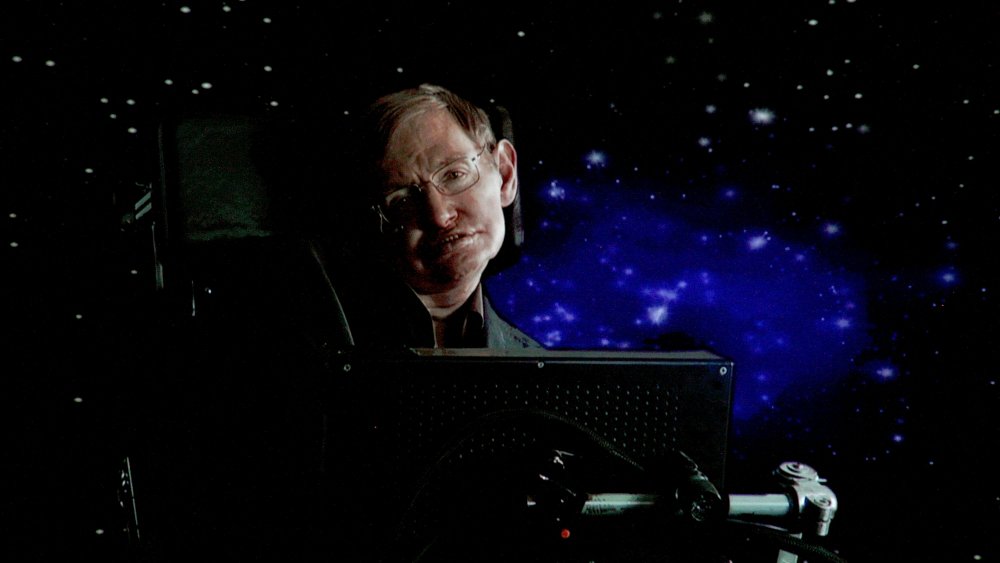The Real Reason Stephen Hawking Said That Black Holes 'Have No Hair'
Stephen Hawking is one of the most recognizable names in astrophysics. After Einstein, his contributions to the study of black holes may be the most significant of the last century. According to Time Magazine, the A Brief History of Time author famously hypothesized that black holes should evaporate by a process now known as Hawking radiation. Although we still lack the technology necessary to confirm the existence of Hawking radiation experimentally, the theorem has gained wide acceptance in the field.
So, black holes probably evaporate away and eventually vanish over unimaginably long timescales. Cool. But what does this have to do with hair, and whether or not black holes have any? Although the "no-hair theorem" (or "no-hair conjecture" in some writings) was originally coined by physicist John Archibald Wheeler, Hawking is credited with popularizing the term after partially resolving the conjecture in landmark research he conducted with fellow physicists Brandon Carter and David C. Robinson.
According to APS Physics, the no-hair theorem states that isolated black holes in equilibrium are actually more simple than their general relativity-defying effects seem to imply. In fact, they can be exhaustively described by only two numbers: their mass and angular momentum. In John Wheeler's original elocution, the black hole's "hair" is just a metaphor for the other complicated details and properties ascribed to the unknowable region beyond the event horizon. Ergo, a black hole that can be completely described by two quantities "has no hair."
Quantum mechanics and general relativity don't play well together
This presented a problem for Hawking. You see, one of the most important laws of the universe is that information cannot be created or destroyed. Black holes — before they are black holes — are other things. These things accrue too much mass from a catastrophic event like a neutron star collision or a supernova and collapse in on themselves, forming a gravitational singularity. If a black hole truly has no hair, then all that information about the object before its collapse is lost at the moment of black hole creation. Conservation is violated.
This seeming paradox is one of many open conflicts between quantum theory and general relativity. According to Phys.org, quantum theory states that information can never be destroyed, while general relativity requires its destruction at the moment of gravitational collapse. The two are irreconcilable. Or are they? Hawking radiation is a potential partial solution to the paradox arising from the no-hair theorem as long as the particles radiating away from the black hole carry with them the information that was lost at the moment of collapse.

